But in Gaza, these sophisticated defenses were not there to protect Maisara Baroud, 47, when the building where he lives was hit by an Israeli airstrike on Monday night. The only thing that saved his family was a neighbor screaming down the street.
The neighbor received a call from the Israeli military, informing him of an airstrike on the compound. The neighbor alerted Baroud and 15 family members living with him, including nine children.
The first airstrike destroyed six buildings in the compound, including Mr. Baroud's building.
“My house is no longer habitable. The door was destroyed, the outer walls of the building were flattened, and all the glass windows were broken.”
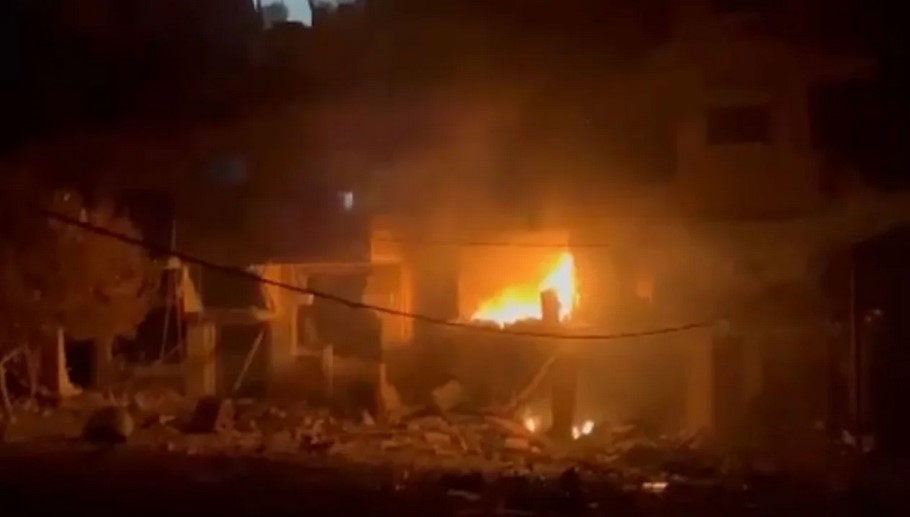
Photo: Marisara Baroud.
Mr. Baroud and others assumed the worst was over and began to go into the house to save their belongings. Within minutes, the neighbor received a call from the Israeli military about a second airstrike, and they fled again.
The second airstrike completely destroyed Baroud's home, turning his building and studio into rubble.
“In Gaza we have nothing, no place to hide, no bomb shelters, no asylum, we can only take to the streets...”, said Mr. Baroud.
This situation contrasts with Israel's civil defense system, which has suffered a series of rocket attacks from Hamas in recent days.
An article published by Doctors Without Borders on Thursday said some members in Gaza received text messages in the middle of the night urging them to evacuate their homes.
“They had to wake up the children in the middle of the night to quickly leave the house without being able to take their personal belongings.”
On Thursday, Barbara Zind, a pediatrician from the United States in Gaza, told CNN about being trapped in the area just before the interview was interrupted by an explosion outside her hotel. When asked if she could find shelter, she replied: “There are no bomb shelters here.”
Calls from Israel are also frequently unanswered in Gaza because of rolling power cuts. Gaza’s only power station ran out of fuel on Wednesday and stopped working, after Israel declared a “total siege” and cut off food, fuel, water and electricity to Gaza.
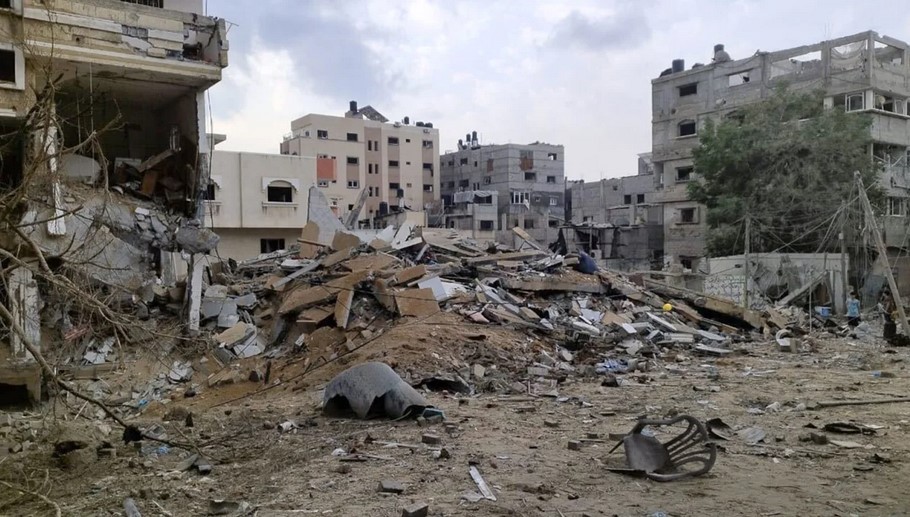
Photo: Marisara Baroud.
Azriel Bermant, a senior fellow at the Prague Institute of International Relations, said Israel is “strong and organized” on the civil defense front.
In particular, the Israel Defense Forces (IDF) has developed early warning systems that can trigger sirens whenever a rocket is fired toward Israel. These early warning systems can calculate where the rockets will strike and trigger sirens in those areas, allowing residents time to evacuate to shelters.
Many civil defense functions are also integrated into Israel's infrastructure. Israeli law requires every home, residential area, and industrial building to have a bomb shelter.
Israel also has important active defense measures. The most notable is the Iron Dome system. Deployed in 2011, Iron Dome is designed to shoot down projectiles fired at Israel. It is equipped with a radar that can detect rockets, and uses a command and control system to quickly calculate the threat level of the rocket. If the threat level is high, Iron Dome will launch a missile from the ground to intercept the projectile in midair.
Anti-aircraft missile systems, Bermant said, “definitely save lives” but also serve as a deterrent.
However, the system is not perfect. When Hamas launches large numbers of rockets, the system determines which ones pose the highest threat level and intercepts them. Occasionally, some rockets get past the Iron Dome.
Israel has organized numerous public awareness campaigns toeducate the public on how to react appropriately when the sirens are activated - where they should move, how much time they have to find shelter, and what to do when no safe place is available nearby.
Due to lack of resources, Gaza does not have a system similar to Israel's. Although Hamas has built a network of underground tunnels for its soldiers, it has not been able to invest in shelters for civilians and an early warning system.
“This huge gap is mainly due to the blockade, which has a negative impact on Gaza’s infrastructure. Imports and resources that could be used to build these systems are strictly controlled,” said Tareq Baconi, chairman of the board of directors of the Palestinian policy network Al-Shabaka.
The deprivation has left residents like Mr. Baroud living in fear. As he sifted through the rubble, he said he kept wondering why his home had been hit by an airstrike.
“I always wondered why? But then I realized that asking would be useless.”
Nguyen Quang Minh (according to CNN)
Source










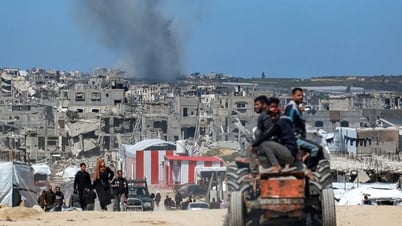

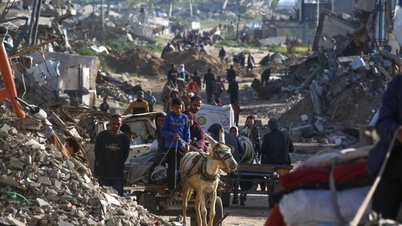

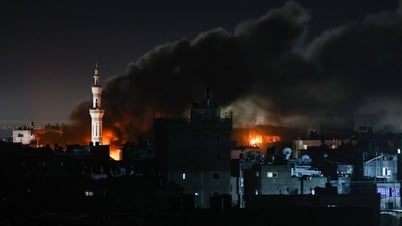

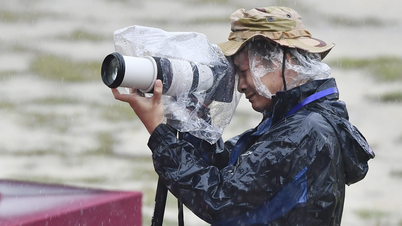



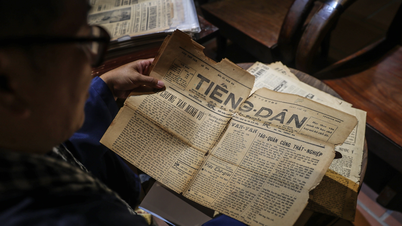















![[Photo] Prime Minister Pham Minh Chinh receives leaders of several Swedish corporations](https://vphoto.vietnam.vn/thumb/1200x675/vietnam/resource/IMAGE/2025/6/14/4437981cf1264434a949b4772f9432b6)
















































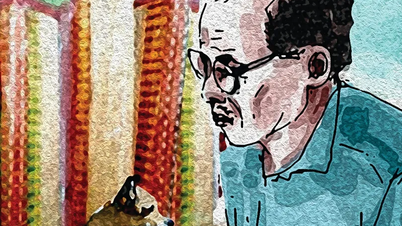




















Comment (0)